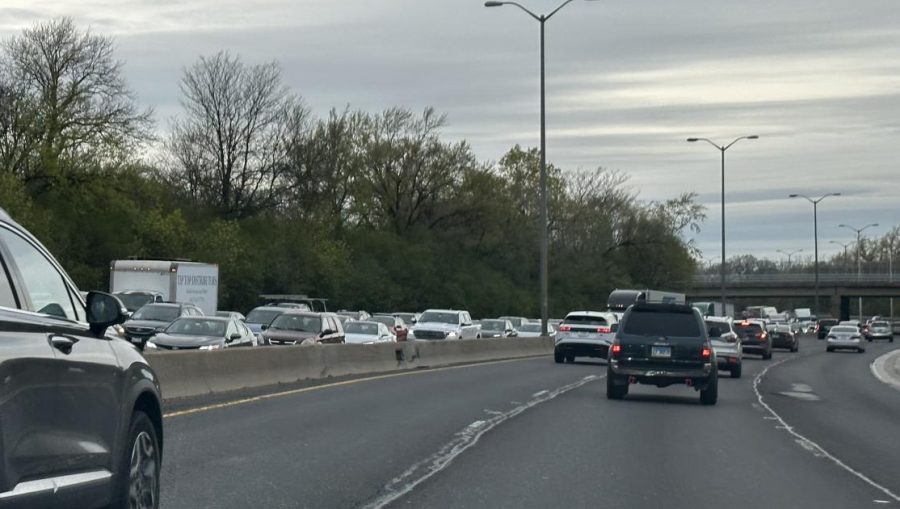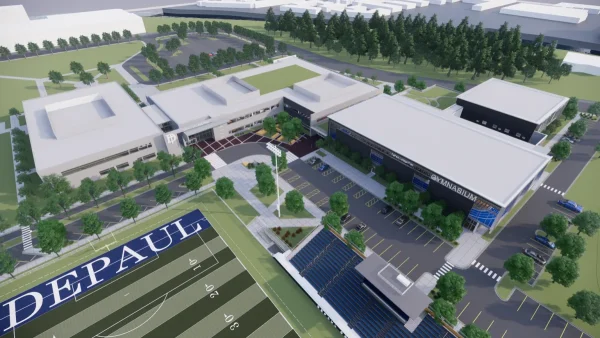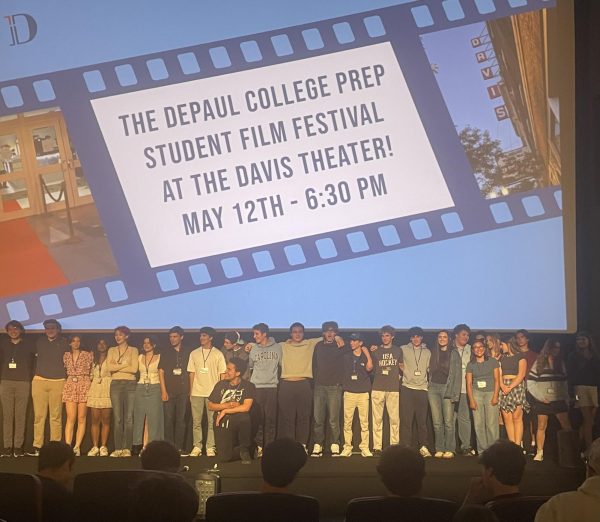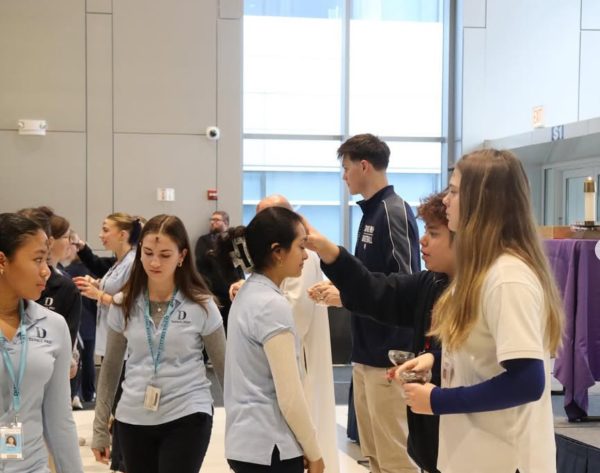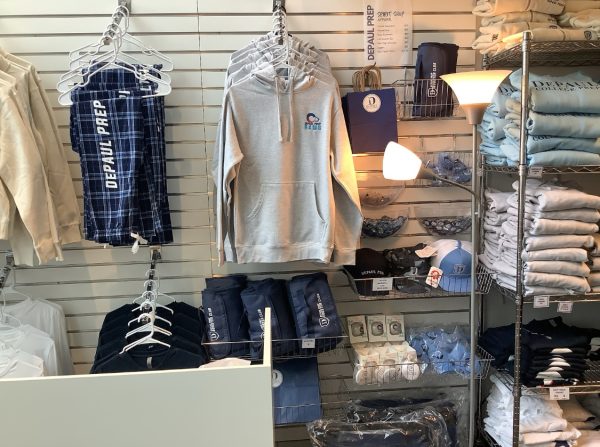Kennedy Expressway construction impacts students and staff
At the end of March, the City of Chicago began construction on a highly trafficked 7.5 mile portion of the Kennedy Expressway. This will be a years long project and is expected to end in the fall of 2025.
The purpose of the $150 million construction project is to rehabilitate 36 bridge structures and the Reversible Lane Access Control (REVLAC) system. The city will be replacing overhead sign structure, installing modernized LED lights, and patching the pavements.
The construction will take place in three stages. The first stage will be the inbound Kennedy where two mainline inbound lanes will be closed at a time. The express lanes will become inbound-only lanes because of the two lanes that are under construction.
The second stage is the reversible express lanes. The reversible lanes will be closed to accommodate bridge structures as well as pavement patching.
The third and final stage is the outbound Kennedy. The reversible express lanes will remain open in the outbound direction, but two mainline outbound lanes will be closed at a time.
The construction will cause delays for both inbound and outbound commuters. The Illinois Department of Transportation (IDOT) strongly urges drivers to adjust their schedules and commutes during the construction such as the Metra or CTA.
Many people have been affected by the construction, including the students and faculty at DePaul Prep. Since the construction started, it has taken them longer to get to school which has forced them to adjust their routines.
Before the construction started, it took Sophomore Caitlin Torio about 20-30 minutes to get to school. Now it takes her 40-50 minutes.
“It’s really annoying and I hope the construction will be finished soon because the traffic is so bad and everyone is taking the same route, so there are many cars on the road,” said Torio.
Sophomore Diana Kraynyk has to get up and leave the house earlier in order to make it to school on time.
“I see that I’m not going to be able to go on the highway that often anymore. It’s going to take a lot longer to get to school, so I’m going to have to go on different streets and find new routes,” said Kraynyk.
Michael Rabideau, one of DePaul Prep’s assistant deans, has noticed that there has been an uptick in tardies since the construction began. He also noticed that many students have used the construction as an excuse for their tardies.
“It’ll have an impact, but people will have to adjust. The school isn’t going anywhere, the construction isn’t going anywhere, and we aren’t going to move the start time of the school day, so they will have to take another route and leave earlier,” said Rabideau.
It normally took Sophomore, Kevin Scanlan, 20 minutes to get to school, but since the construction started, it’s taken him up to an hour due to the different routes he has to take.
“I have to get up so much earlier just to use alternate routes to get to school,” said Scanlan. Because of this, he doesn’t take the Kennedy anymore.
Patrick Heffernan, Theology teacher and head wrestling coach, started taking more side streets instead of directly going on the highway.
“In the morning, I have to get my son out of the house earlier to drop him off to school. I have to wake up earlier and I have to wake him up earlier which can be tough,” said Heffernan.
The Kennedy construction has caused many setbacks and delays for many people, and it’s only the beginning. It has taught them to readjust their routines and habits in order to get where they need to be at a reasonable time. Over the next three years, commuters will have to adjust because the traffic and construction aren’t going anywhere.


